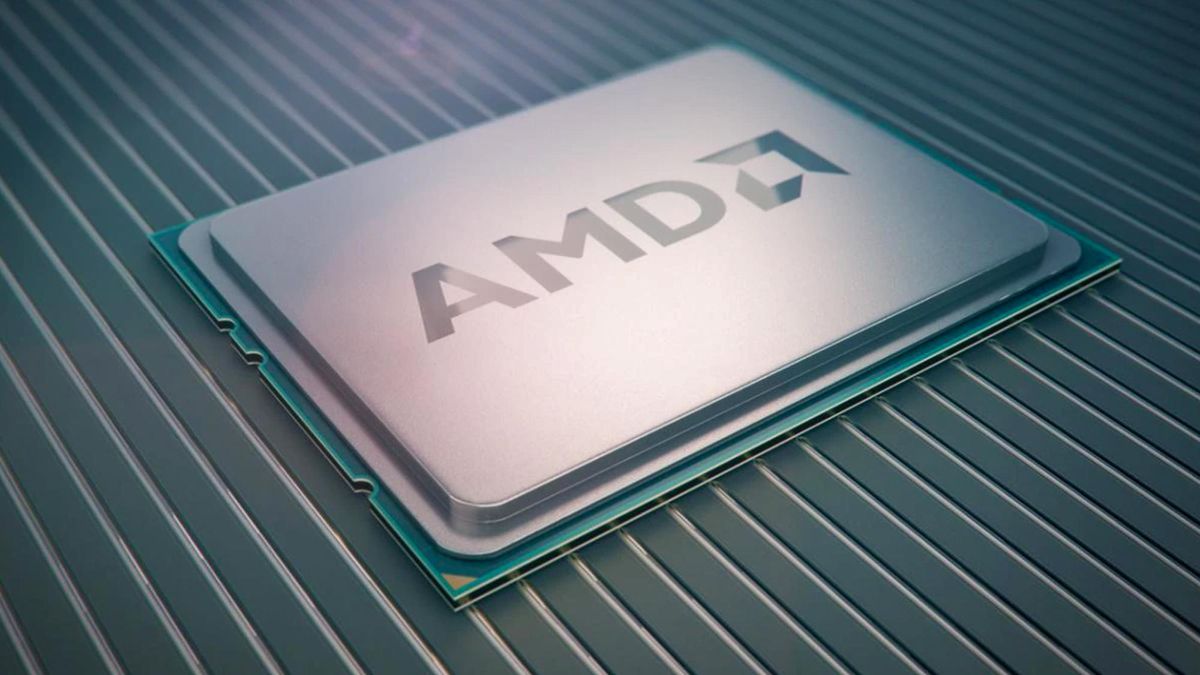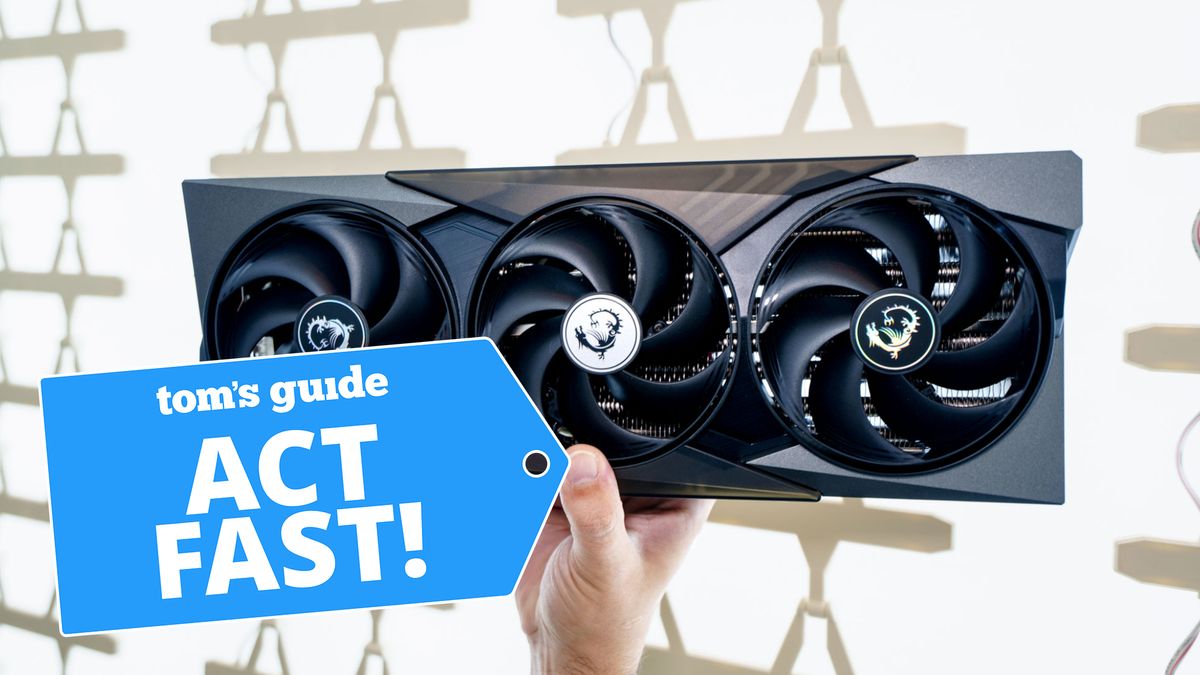Earlier this month myself and a big portion of the tech industry tuned in to Nvidia's CES keynote to watch the company unveil its next big graphics card: the Nvidia GeForce RTX 5090.
Since competitor AMD had previously confirmed plans to launch its competing RDNA 4 GPUs in "early 2025", some of us also expected to meet the company's new Radeon RX 9000 series desktop GPUs at CES 2025.
While the company did showcase its new AMD Ryzen AI Max laptop chips at the show, we didn't get much information about the upcoming desktop graphics cards, and their release date was pushed back to March 2025.
This week a tweet from AMD VP and general manager David McAfee helped shed some light on the situation, as the exec claims the company is "taking a little extra time" to improve software support and work to integrate its upgraded FSR 4 (FidelityFX Super Resolution) upscaling tech in more games.
"We are taking a little extra time to optimize the software stack for maximum performance and enable more FSR 4 titles," McAfee wrote in his Jan 22 update. "We also have a wide range of partners launching Radeon 9000 series cards, and while some have started building initial inventory at retailers, you should expect many more partner cards available at launch."
I really appreciate the excitement for RDNA4. We are focused on ensuring we deliver a great set of products with Radeon 9000 series. We are taking a little extra time to optimize the software stack for maximum performance and enable more FSR 4 titles. We also have a wide range…January 22, 2025
That should bring some exciting competition to the space, as on top of the new Nvidia GeForce RTX 50-series cards Intel is rolling out its second-gen "Battlemage" line of Arc desktop graphics cards this year. Our own Jason England went sim racing with the Intel Arc B580 GPU at CES 2025, and all signs suggest these new Intel cards deliver compelling performance for GPUs that cost under $1,000. The B580, for example, retails for around $250, which is a far cry from the Nvidia GeForce RTX 5090's $1,999 price tag.
But of course, Nvidia's leaning harder into AI, robotics and data centers than PC gaming, so those 5090s are probably intended to be luxury goods more than practical gaming gear. And if AMD can bring its Radeon RX 9000 series cards to market at prices that feel affordable, with compelling performance using FSR 4 upscaling, the company could potentially undercut Nvidia's mid-grade cards and make a lot of friends among PC gamers who can't afford to drop a thousand bucks or more on a graphics card.
More from Tom's Guide
- We tested Nvidia’s RTX 5090 desktop GPU — gaming performance gains are HUGE
- I just saw how Qualcomm’s Snapdragon X series outperforms Intel CPUs — and I’m blown away by the difference
- The 2025 Asus ROG Flow Z13 is a breakthrough 2-in-1 that puts both the Steam Deck and gaming laptops on notice — here’s why











![LinkedIn Shares Data on In-Demand Skills for Marketers [Infographic]](https://imgproxy.divecdn.com/zMbngFHDMAQdOuk7-FK5eSqQ-bYj9Kyqki-xmPgH4I8/g:ce/rs:fit:770:435/Z3M6Ly9kaXZlc2l0ZS1zdG9yYWdlL2RpdmVpbWFnZS9saW5rZWRpbl9mYWxsX2pvYnNfb3V0bG9vazIucG5n.webp)









 English (US) ·
English (US) ·